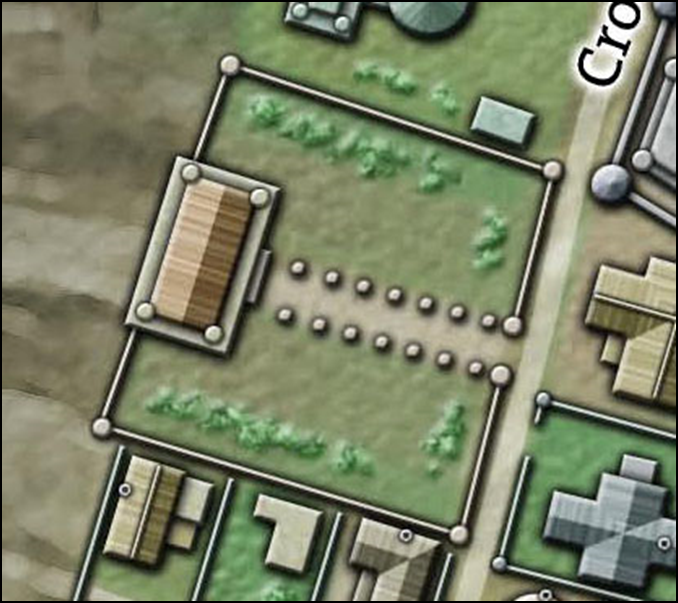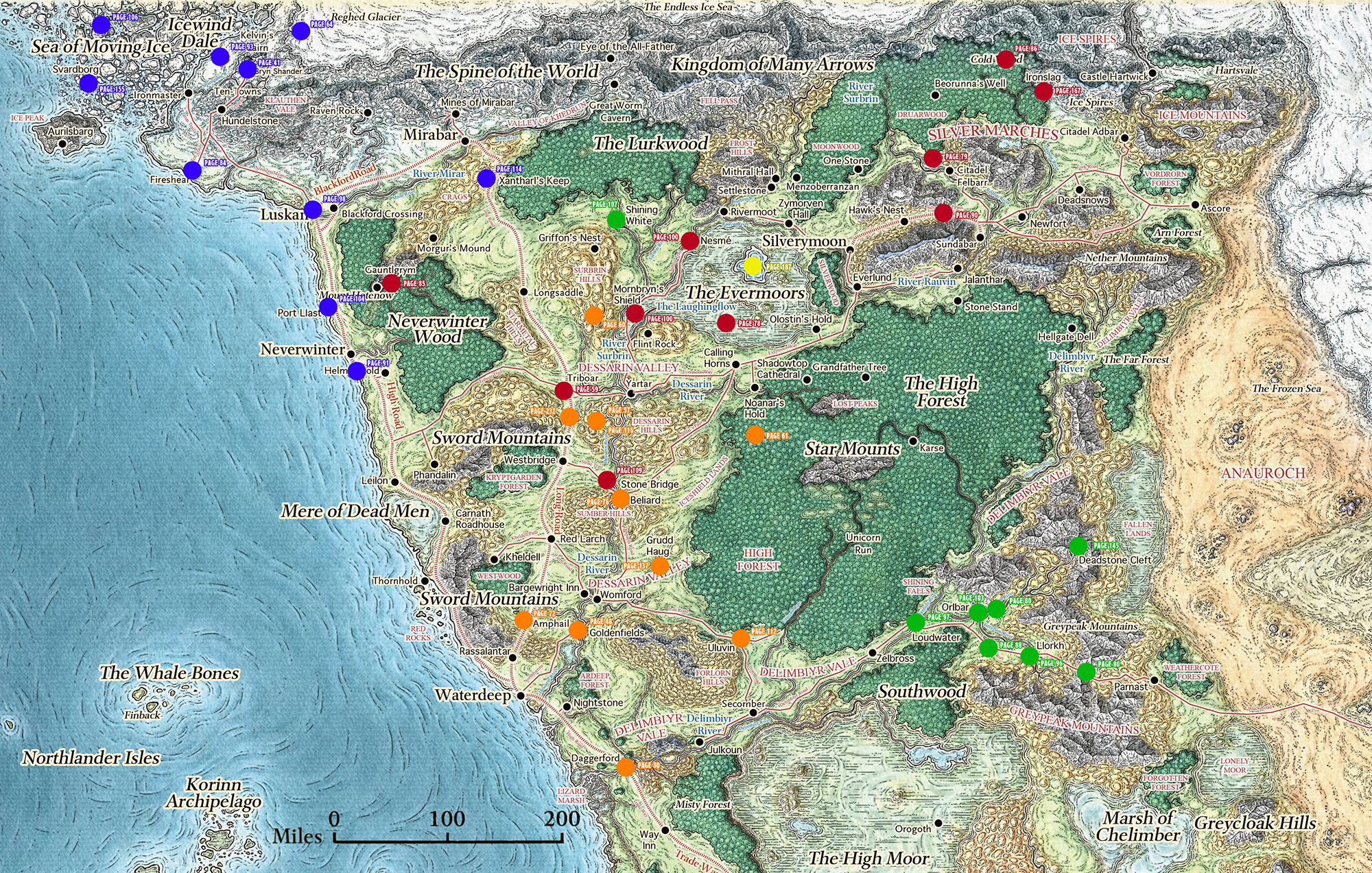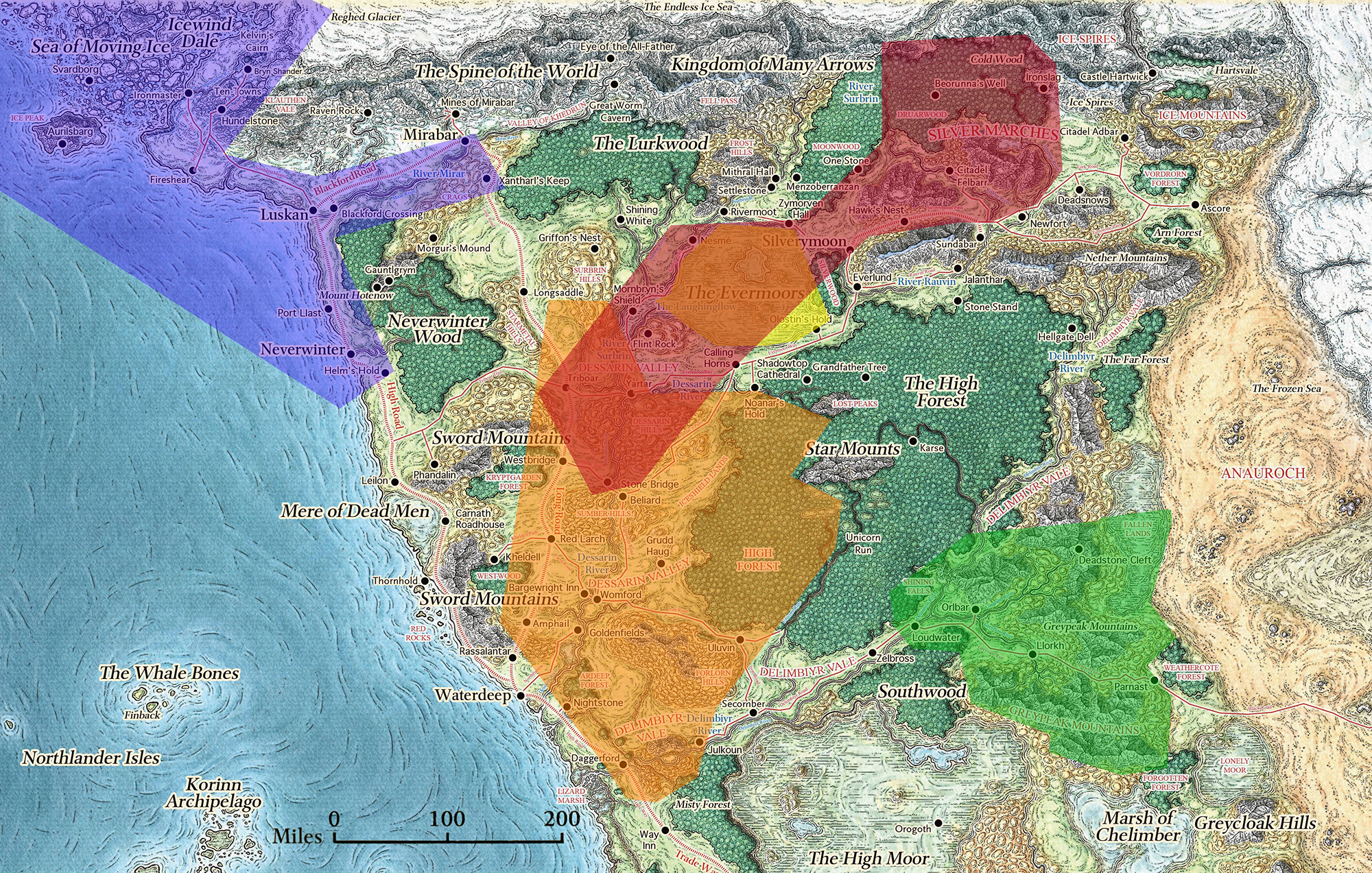 IN THE SHADOW OF THE SPIRE
IN THE SHADOW OF THE SPIRE
SESSION 37B: AN UNEASY CITY
May 9th, 2009
The 20th Day of Kadal in the 790th Year of the Seyrunian Dynasty

Elestra hit the streets. Rehobath’s claiming of the “Holy Palace” had become common knowledge. It turned out that Rehobath owned legal title to the Palace, having quietly acquired the property rights six months ago. (“Sneaky bastard!” Tee said upon learning the news.)
But Elestra also learned that the Commissar wasn’t pleased with Rehobath’s maneuver, seeing it as an attempt by Rehobath to consolidate a non-religious base of power in Ptolus. Earlier that morning the warrant of arrest for Sir Kabel had been publicly annulled, a move that was commonly seen to be the Commissar sending a message to Rehobath.
While the news of Rehobath particularly caught Elestra’s attention, it wasn’t the story at the forefront of public thought: Open war had come to Tavern Row. The night before, frustrated Balacazar enforcers had encountered Killraven recruiters on the street. The confrontation had turned to blows and attracted some other low-level enforcers. In the end, nearly two dozen gang members engaged in open violence on Tavern Row before scattering in response to the City Watch.
ASKING QUESTIONS
Meanwhile, Tee had gone down to the Docks. Speaking with the Dockmaster’s staff she learned that the Freeport’s Sword was likely to dock in the early afternoon of the next day.
Ranthir spent the morning hours at the Administration Building, seeking records of Alchestrin’s Tomb.
Unfortunately, most of that time was wasted as Ranthir was shuffled fruitlessly from one ministry to another. He eventually found his way to the Ministry of Public Works and a relatively friendly older woman who showed him to what she thought “might be the proper room”. It was stacked high with moldering stacks of yellowing, unorganized parchment. In some ways, it was Ranthir’s perfect heaven… but it still left him stymied in his search for the Tomb.
Shortly thereafter, Tee caught up with him, assessed the situation, and made a quick circuit. Leaving a few greased palms in her wake, Tee was able to secure him assistance in sorting through the papers. This sped his task somewhat, but despite the help he was no closer to finding the Tomb by the time he had to leave.
THE FURTHER TROUBLES OF ILTUMAR
Agnarr had gone to the Bull and Bear with the intention of finding some armor for Seeaeti. But when he arrived he found Hirus looking pale and wearied behind the counter, with large black pools beneath his eyes.
“What’s wrong?” the barbarian asked.
“Master Agnarr!” Hirus cried. “It’s Iltumar!”
“Of course it is,” Agnarr said. “What happened?”
“He’s gone! Last night I found this note in his room.”
Thank you for everything you have done for me. I go now to live a new life with a new body. I’ll make you proud. I’ll make everyone proud.
—ILTUMAR
“I came up to the Ghostly Minstrel to see if I could find Sir Tor or Mistress Tee, but you weren’t there. Lavis was, though – that’s another lass that’s a friend of Iltumar’s. She promised to find him. And maybe she did. She sent word by messenger that she had tracked him to some warehouse in Oldtown. But I haven’t heard from her since. I don’t know what to do!”
“I’ll look into it,” Agnarr promised.
“Thank you! Thank you so much!”
FALSE FEARS IN WELCOMING EARS

Tor, meanwhile, had ridden up to the Holy Palace. The three-story tall walls were crafted from baroque white marble and topped with crimson-red shingles. Doors two-stories tall parted without touch to give him admittance into a wide, long entrance hall.
He sought audience with Rehobath and was quickly granted it, being ushered into a grand throne room of sorts. Although the throne itself was only of plain wood, its opulent surroundings spoke loudly to Tor’s eyes.
Rehobath looked up at him as he entered. “Sir Tor. It’s a pleasure to see you.”
Tor bowed and smiled. After congratulating Rehobath on his new abode, however, his face drew in seeming concern.
“I’m afraid I come with bad news.”
“Oh?” Rehobath said.
“Dominic is gone.”
“Dominic is… gone?”
“Yes,” Tor nodded. “He didn’t come down to join us for breakfast. When we went to his room, most of his things were gone. We don’t know where he is.”
Rehobath seemed completely baffled by the news. He questioned Tor in particular detail, but there was little more to tell (and Tor was pleased to find that he had gotten through the ordeal without ever telling an actual lie).
“I actually came to see if perhaps you had summoned him. Or if he had contacted you.”
“No,” Rehobath shook his head. “But perhaps he went to the Godskeep. You should speak with Sir Gemmell at once.”
Tor agreed and excused himself. Leaving the Holy Palace, he mounted Blue and rode straight to the Godskeep. There he found things in total disarray – knights were packing, rearranging, and generally discombobulated.
Sir Gemmell, it turned out, was less than pleased with Rehobath’s sudden (and unexpected) move to the Holy Palace. But he was faithfully gathering together the final elements of the honor guard that would serve him there. He was short on patience and seemed to care little for the whereabouts of Dominic. So Tor, after making sure that he should come to the Godskeep for his training the next day, took his leave.
TRUE REPORTS FOR UNHAPPY HEARERS
Tee had confessed to the others that she had spoken to the Commissar on the eve of Rehobath’s convocation and warned him of what was coming. For similar reasons, she felt it important that the Commissar be warned of Dominic’s denunciation of Rehobath.
Somewhat to Tee’s surprise, everyone quickly agreed that it was a good idea. So while Ranthir returned to the Administration Building (with little success) and Elestra went looking for the word on the street regarding Illadras (there wasn’t any), Tor, Agnarr, and Tee went to see the Commissar.
When they arrived at the Dalenguard, Agnarr volunteered to wait outside while the others went in to meet with him. After only the briefest of considerations, Tee and Tor agreed that was for the best.
The Commissar, looking up from various papers spread across his desk, greeted them with a small smile and a nod of his head.
After exchanging brief pleasantries, Tee got to the heart of the matter. “May we speak safely here?”
“Of course.”
At this, Tor nodded, reached up, and removed the red sash hanging from his shoulders.
The Commissar became suddenly solemn. “I.. see.”
“We’re here to talk about Rehobath,” Tee said.
“So I would assume,” the Commissar said.
Having made their loyalties as clear to the Commissar as possible, Tor and Tee quickly went over the details of Sir Kabel’s plan. The Commissar said he had been aware of the approach of the new Silver Fatar from Seyrun, but he was surprised to learn that Dominic planned to denounce Rehobath.
“I don’t think Dominic has ever supported Rehobath,” Tee said. “He had no idea what was going to happen at the convocation.”
“Sir Kabel’s hope – our hope – is that, once the Silver Fatar arrives, this matter can be decisively resolved.”
“I would frown upon anyone seeking to take the law into their own hands,” the Commissar said. “We have had enough bloodshed in the streets of Ptolus of late.”
“Sir Kabel believes that – once the Silver Fatar arrives – many of those loyal to Rehobath will… see the error of their ways,” Tor said. “If Sir Kabel’s strength is large enough, I think bloodshed can be avoided.”
“Are you aware that Rehobath is hiring mercenaries?” the Commissar asked pointedly.
“Mercenaries?” Tee asked.
“And barracking them in the ‘Holy Palace’,” he said. At this revelation the room filled with silence. The Commissar let it rest there for a moment before continuing. “I want no disturbance of the peace. That, above all, is my duty.”
When they left the Commissar’s office, they found Agnarr dicing with the two guards who were supposed to be on duty outside. Although their meeting had been short, Agnarr had already managed to lose 23 gold pieces. He was in good spirits about it, though. He was beginning to truly enjoy the riches they were earning (or, at least, finding) here in Ptolus.
As they were moving off, however, Tee’s sharp ears caught the guards chatting amiably about what to do with their winnings that evening.
“With this run of luck we should head to the White House.”
“I dunno. There aren’t any dumb barbarians at the White House.”
Running the Campaign: No, But… – Campaign Journal: Session 37C
In the Shadow of the Spire: Index



















